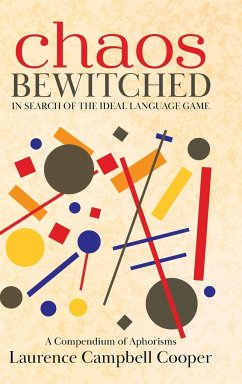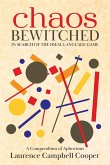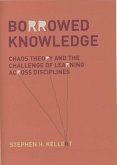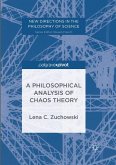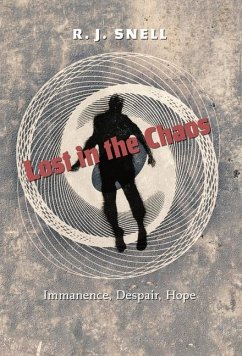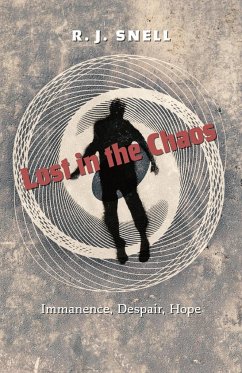A short pithy saying that sums up a general truth, the aphorism is the oldest written art form. Following in such a long tradition from Ancient Greeks like Plato and Heraclitus to Romans like Seneca and Cicero all the way to moderns like Nietzsche, the aphorisms contained in this volume reflect both invention and discovery, and, like all aphorisms, preferring self-evidence to demonstration, are above the vulgarity of argument. From proverbs to more lengthy meditations, from politics to love, Cooper ranges across a great many topics and styles. Formed at length from the intense heat and pressure of contemplation, aphorisms are the diamonds of literature and philosophy. They are a reader's best friend.

